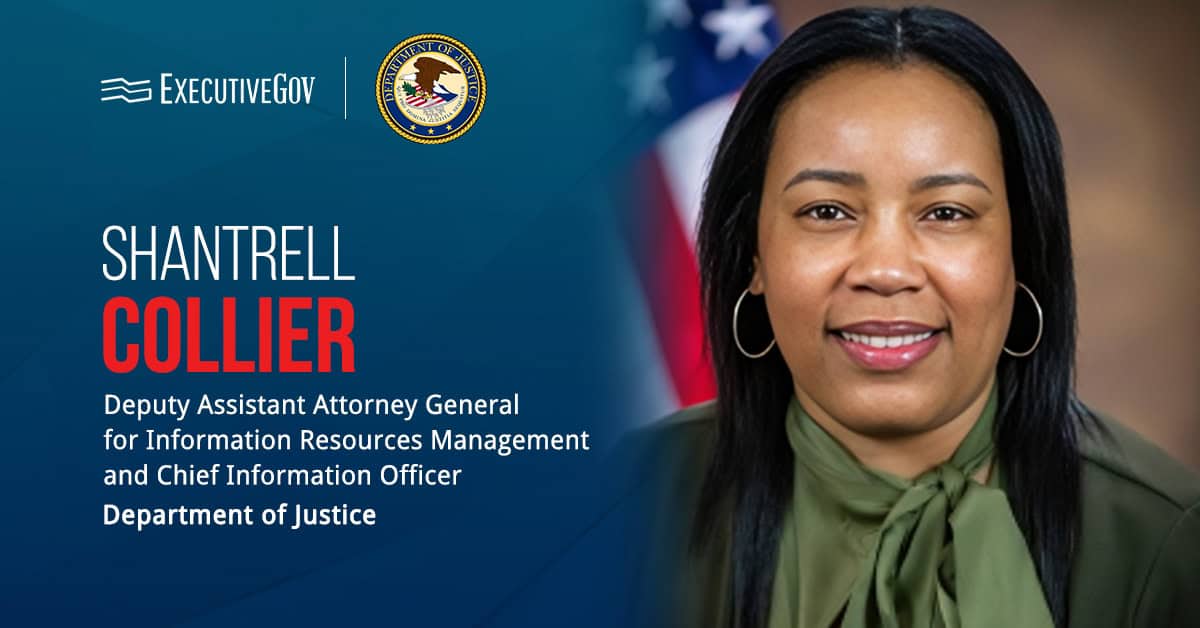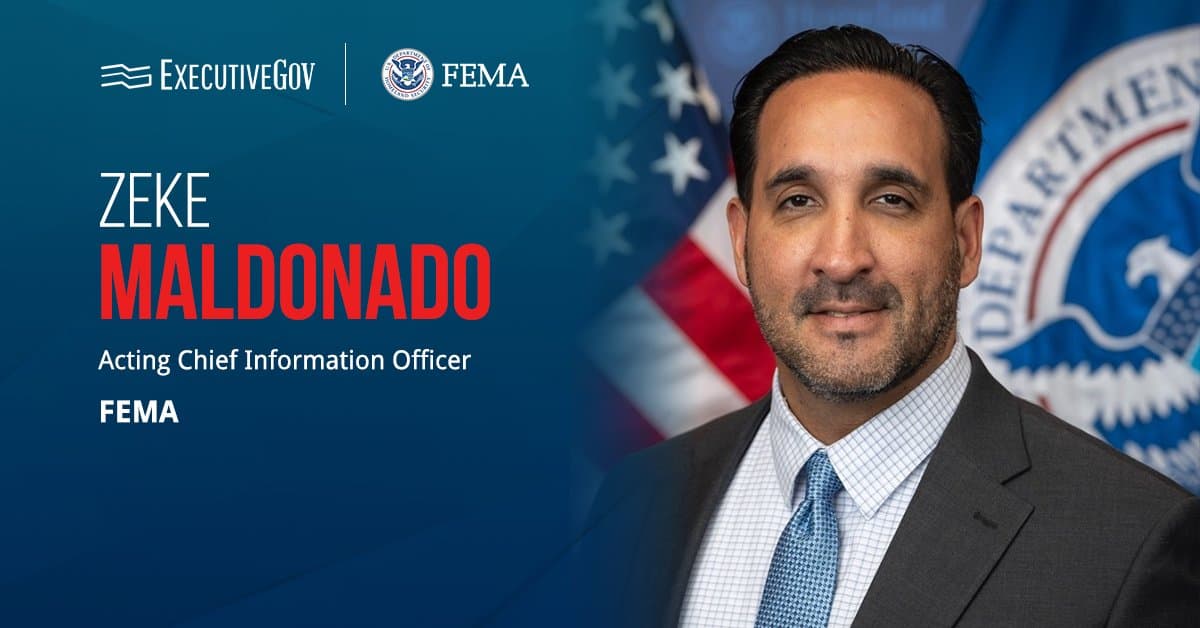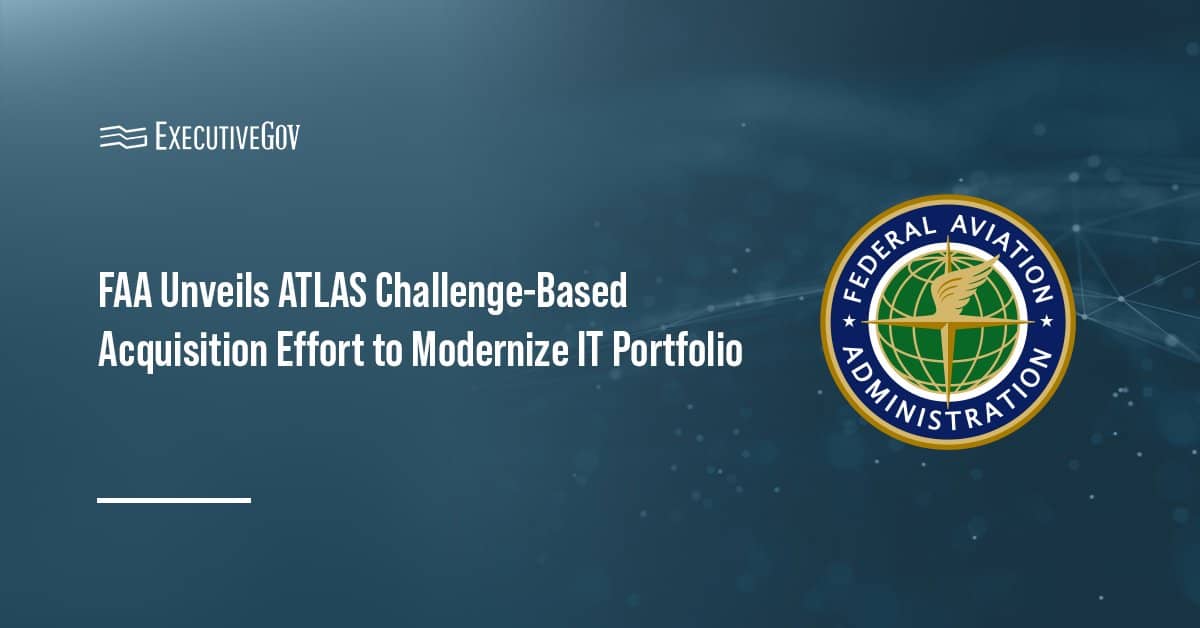
Rear Adm. Kathleen Creighton, cybersecurity division director at the Chief of Naval Operations Office, said the boosted amount of teleworking due to the COVID-19 pandemic has resulted in cybersecurity risks, National Defense Magazine reported Monday.
She said at a Navy League virtual conference that the teleworking boost has created openings for adversaries to attack, and the service branch addresses this issue through the creation of new policies.
The new policies include approaches to renew expired access cards and a boost in the capacity of devices and networks that Navy personnel use for teleworking.
The service branch also sees the need to accelerate the implementation of Microsoft 365 and other information technology modernization efforts.





